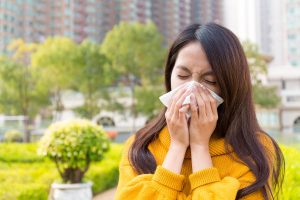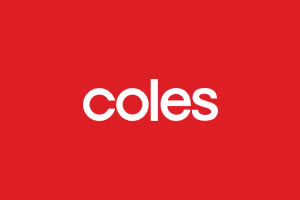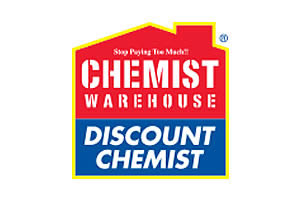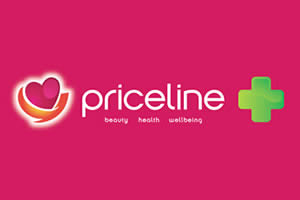Help relieve facial cold sore symptoms
Published March 4, 2022
Anyone who has had a cold sore knows that tell-tale tingle or itch telling them another cold sore is on the way. While facial cold sores can be inconvenient and at times painful, there are things you can do to help alleviate your symptoms and reduce the occurrence of facial cold sores.
What are cold sores?
Cold sores are small blister-like spots that commonly occur on the lips or skin around the mouth, nose and chin.
What are the stages of cold sores?
Cold sores present initially as a tingling, burning or itching sensation around the mouth or at the base of the nose. A fluid-filled blister is likely to develop around 1 to 2 days after the initial symptoms. The blisters open around the 4th day and may be painful at this time and highly contagious.
Between days 5 and 8, the cold sore will dry up, leaving a yellow or brown crust. This crust will eventually flake off. Make sure you take care of the scab at this stage, so it doesn’t crack or break.
During the final stage — the healing stage — scabs may form and flake off until the wound heals completely. Cold sores generally do not leave a scar and can last around 2 to 6 weeks.
What can trigger a cold sore?
Several factors can trigger a facial cold sore in susceptible individuals. These include:
• Ultraviolet rays — Ultraviolet (UV) rays from natural sunlight can trigger cold sores. If UV rays trigger your cold sores, wear sunscreen and avoid tanning beds.
• Very hot or cold temperatures — Extreme temperatures can trigger cold sores. Protect your skin with scarves in cold weather and keep cool during the summer months.
• Physical or emotional stress — Exercise and eat well to look after your physical and mental health.
How can I relieve my cold sore symptoms?
If you have a cold sore, there are several things you can do to relieve symptoms and help
reduce re-occurrence.
• Try ice — Ice can soothe pain and discomfort.
• Antiseptic mouthwash — If brushing your teeth is too painful, try an antiseptic mouthwash instead.
• Eating cold foods — Eating cold foods may help alleviate pain and discomfort. Avoid anything salty or acidic to prevent irritation.
• Eat a low arginine diet — Some people may find a low arginine diet beneficial. Sources of arginine include nuts, seeds and dairy. Speak to your healthcare practitioner about whether a low arginine diet is suitable for you.
• Try Lysine — Lysine is an amino acid that can be found in beef, chicken, pork, firm tofu and navy beans. Lysine is also available as a supplement and relieves cold sore symptoms, and helps reduce the occurrence of facial cold sores
Is lysine right for you?
Cenovis® Cold Sore Complex combines lysine, vitamin C and zinc and helps reduce the occurrence of facial cold sores. Click here to learn more.
Always read the label and follow the directions for use.
MAT-AU-2102599
Learn about which Cenovis product may be appropriate for you.
SEE THE PRODUCTS HERE









